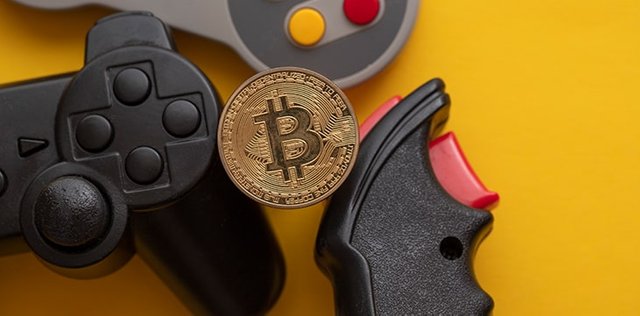
Introduction to NFT games
In recent years, the gaming industry has witnessed a significant shift with the emergence of NFT (Non-Fungible Tokens) games. Unlike traditional games where players have limited ownership and control over in-game assets, NFT games offer a new level of ownership and economic opportunities. This article explores the various ways in which NFT games surpass traditional games in terms of ownership, gameplay experiences, community involvement, and transparency.
Ownership and control
One of the key advantages of NFT games is the concept of true ownership and control. In traditional games, players often spend countless hours and money acquiring in-game items or assets, only to find them bound to the game's ecosystem with limited or no control outside of the game. With NFT games, players truly own their in-game assets as unique digital assets recorded on a blockchain. This means that players have the freedom to trade, sell, or even use their assets across different games or platforms, giving them a sense of real value and ownership.
Economic opportunities
NFT games introduce exciting economic opportunities for both players and developers. Through the use of NFTs, players can monetize their skills and time invested in the game. Rare or valuable in-game items can be traded in online NFT marketplaces, allowing players to earn real-world income. Moreover, NFT games enable developers to create sustainable revenue streams by selling limited edition items or even fractional ownership of certain assets. This decentralized economy brings a new dimension to gaming, allowing players to have a more active role in shaping the game's economy.
Enhanced gameplay experiences
NFT games offer enhanced gameplay experiences compared to traditional games. In traditional games, once players acquire certain items or complete specific quests, those achievements often remain static and provide limited ongoing benefits. NFT games, on the other hand, introduce dynamic and evolving gameplay experiences. For instance, players can modify, upgrade, or combine NFT assets to create new and unique in-game items, providing a continuous sense of progression and excitement. This aspect of customization and personalization adds depth and longevity to the gaming experience.
Community-driven development
NFT games foster a strong sense of community and collaboration among players. The decentralized nature of blockchain technology enables players to have a direct impact on the development and direction of the game. Players can participate in governance systems, vote on proposed changes or features, and even contribute their ideas to the development process. This level of community involvement creates a more inclusive and immersive gaming environment where players feel valued and heard.
Transparency and trust
Transparency and trust are crucial elements in any gaming ecosystem. Traditional games often face issues related to cheating, hacking, or unfair practices that undermine the trust between players and developers. NFT games, powered by blockchain technology, offer transparent and secure environments where every transaction and ownership record is verifiable. This level of transparency ensures that players can trust the authenticity and scarcity of in-game assets, promoting a fair and trustworthy gaming experience for all participants.
Conclusion
In conclusion, NFT games offer a host of advantages over traditional games. The concept of true ownership and control, economic opportunities, enhanced gameplay experiences, community-driven development, and transparency contribute to their appeal.